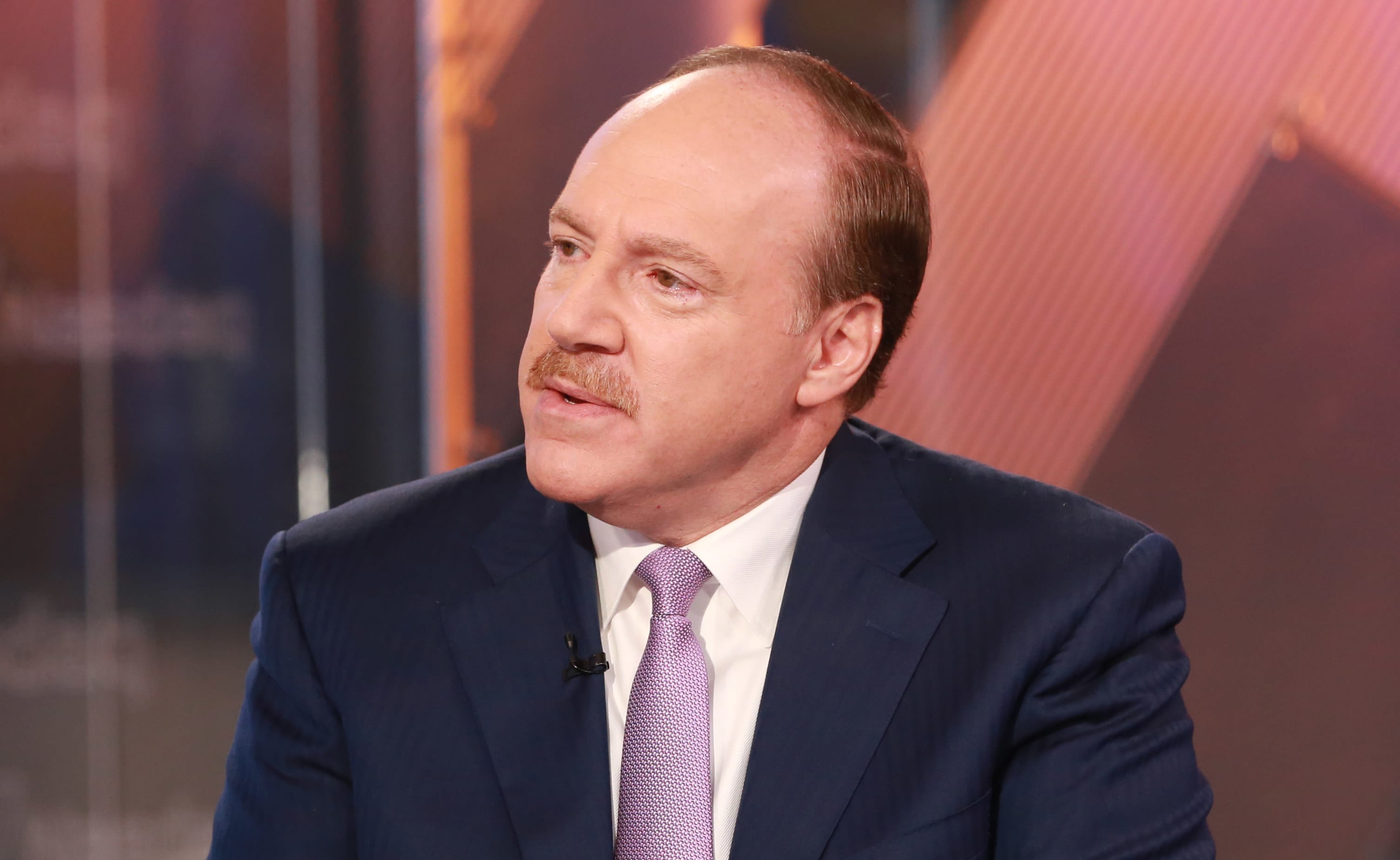Small business owners are starting to fill-up their staff rosters again as certain Covid-era programs end and inflation rises, Paychex CEO Marty Mucci told CNBC on Tuesday.
“Some of the things that are drying up, per se, the child tax credit, that was really impacting 30 million different households,” Mucci said in a “Squawk Box” interview, referring to the federal government program that gave families a higher tax credit of up to $3,600 for every child under six. “People are coming back. The inflation, that’s starting to drive people back into the workforce.”
Small businesses are continuing to recover from the pandemic-driven worker shortage, with the rate of employment growth up 0.39% in January from the year prior, according to the Paychex and IHS Markit Small Business Employment Watch survey. That’s basically in-line with its average monthly gain in the last six months of 2021.
The government latest measurements of inflation in December showed consumer prices increasing over-year by 7%, the fastest rate since June 1982, raising the cost of virtually everything Americans buy everyday; and December producer prices, those paid by wholesalers, rose 9.7% year over year, the highest calendar-year increase ever in data going back to 2010.
With rising inflation has come higher wages. The Paychex and IHS Markit survey showed hourly earnings at small businesses rose 4.43% from last year, after reaching a record high last month. Mucci pointed out on CNBC that the hospitality and leisure sector saw the highest growth in hourly wages with an 11% year over year gain.
While the number of hours worked at small businesses was down 8% in January, likely due to concerns about Covid and employees out sick from the omicron variant, the change is not concerning, Mucci said. “I think people are probably missing some working hours, but overall, not a big impact,” he added.
